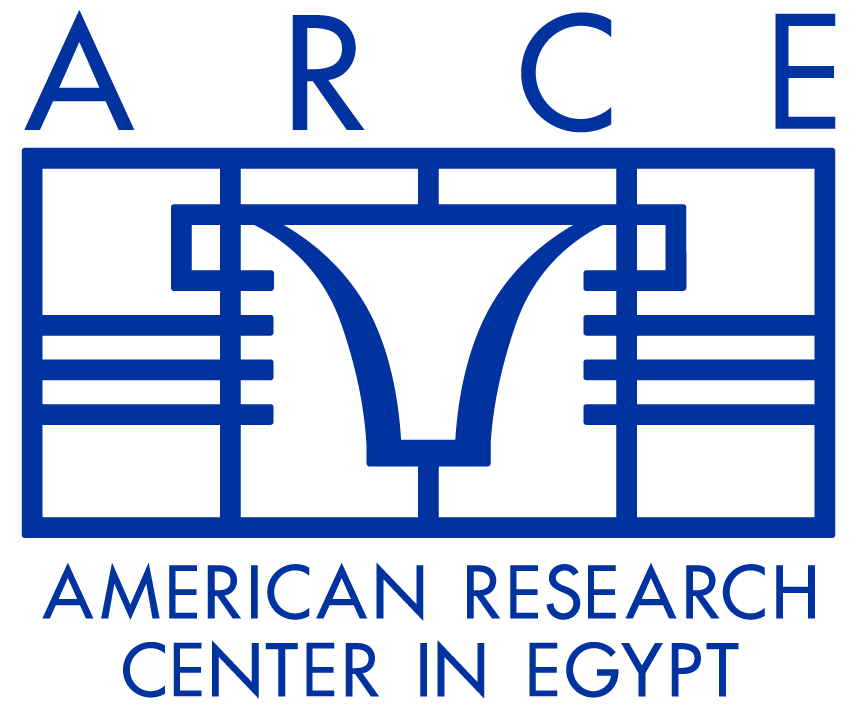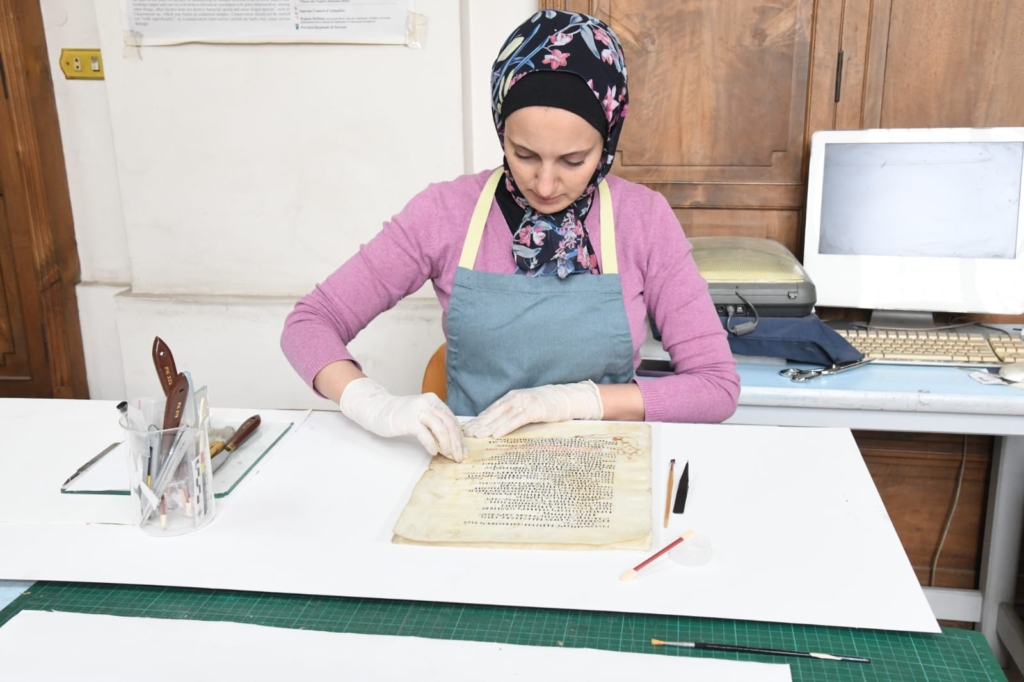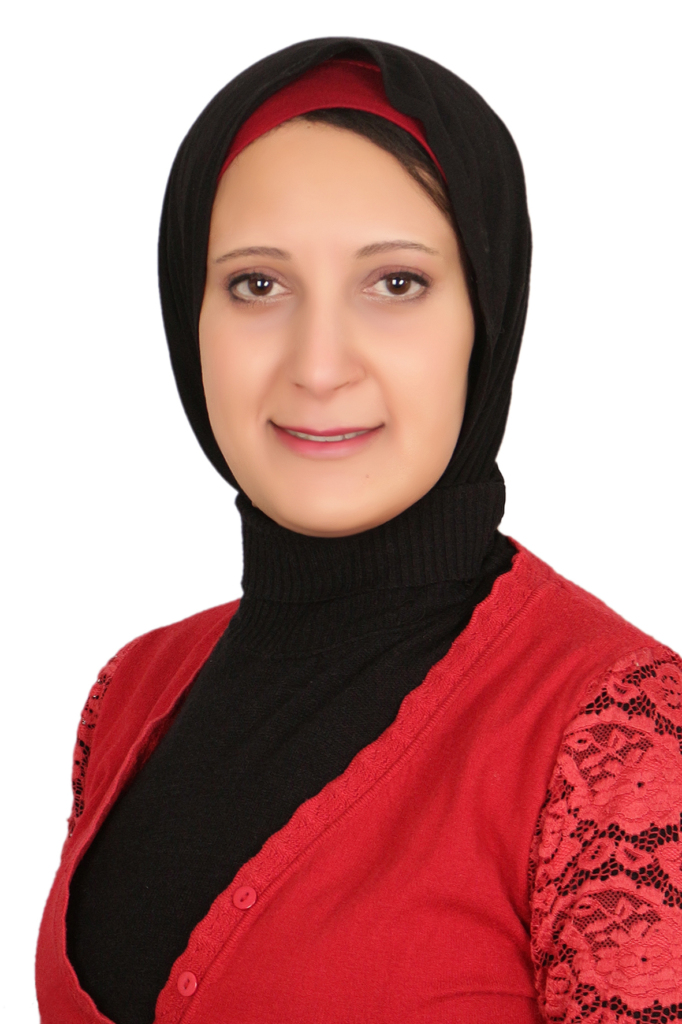
25
SepCairo Lecture: Sustainable Preservation of Historical Parchment Manuscripts: New Perspectives on Natural Biocides Using Innovative Technologies
Presented by Nagah Saada, ARCE fellow and Conservator at the Papyrus Conservation Lab at the Egyptian Museum of Cairo
- 6:00 PM Cairo Time
- ARCE Cairo Center 2 Midan Simon Bolivar Garden City Cairo Governorate 11461 Egypt
- + Add to Calendar
Doors Open at 5:30 PM and close at 6:00 PM
Lecture Information
 Parchment was used as a writing surface from the second century BC until the end of the Middle Ages worldwide. Much like archeological sites, these ancient books are unique records of our history, not only in the texts and illuminations they hold, but also in their material being.
Parchment was used as a writing surface from the second century BC until the end of the Middle Ages worldwide. Much like archeological sites, these ancient books are unique records of our history, not only in the texts and illuminations they hold, but also in their material being.
In Egypt, the humid environment and often climate-uncontrolled storage areas of artifacts create an ideal milieu for microbial growth. The latter impairs the aesthetic and functional values of the manuscript through a series of biodegradable processes.
From microbiological and cultural viewpoints, the preservation of ancient texts through the ages is an almost miraculous event. The pages of an ancient manuscript bear the implications of the past in the form of damage, and in the DNA of all the microorganisms that have come and gone during the natural decomposition of the organic substrate. The ecological and genomic studies of those microorganisms, colonizing historical manuscripts, can thus provide us with valuable knowledge about the past.
Preserving our cultural heritage for the next generations is our responsibility. Natural biocides, with the help of new technologies, can aid us with environmentally friendly ways to preserve our cultural heritage from the consequences of biological degradation.
This lecture will specifically address the use of these technologies as methods of sustainable preservation
Speaker Bio
 Nagah Saada is a papyrus and manuscript Conservator at the Papyrus Conservation Lab at the Egyptian Museum of Cairo, Egypt. She acquired her BA and MA degrees in conservation of archaeological artifacts from the Faculty of Archaeology, Cairo University, Egypt. She has also been a PhD candidate at the same university since 2020, and an ARCE Fellow since November 2023. She uses eco-friendly treatment materials during conservation and relies on other sciences to develop these materials.
Nagah Saada is a papyrus and manuscript Conservator at the Papyrus Conservation Lab at the Egyptian Museum of Cairo, Egypt. She acquired her BA and MA degrees in conservation of archaeological artifacts from the Faculty of Archaeology, Cairo University, Egypt. She has also been a PhD candidate at the same university since 2020, and an ARCE Fellow since November 2023. She uses eco-friendly treatment materials during conservation and relies on other sciences to develop these materials.